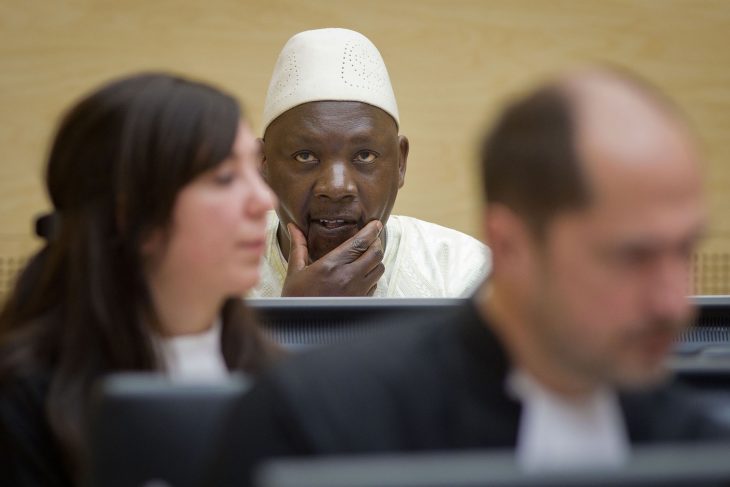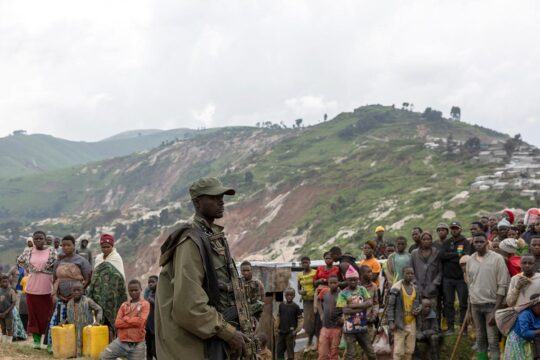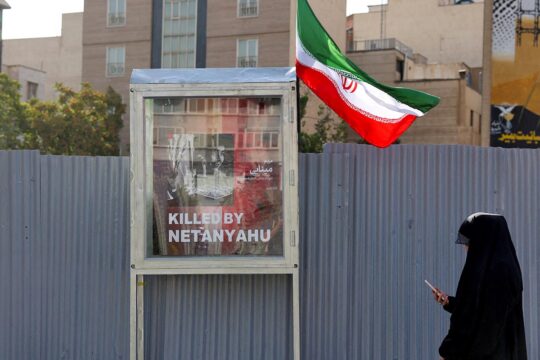Former child soldiers forced to fight in a brutal Congolese militia over a decade ago remain stigmatised, suicidal and live in constant fear, experts told an international court on Tuesday.
The International Criminal Court, the world's only permanent war crimes tribunal, is holding two days of hearings to help determine its first ever reparations, which will go towards the victims of former warlord Thomas Lubanga.
Lubanga was found guilty in 2012 of abducting children as young as 11 and press-ganging them into his Union of Congolese Patriots (UPC) in the eastern Ituri region of the Democratic Republic of Congo.
He was jailed for 14 years. But the court based in The Hague, also ruled that Lubanga is personally liable for reparations to his victims, who at the time of the crimes in 2002-2003 were all under the age of 15.
"(The victims are) often forgotten and highly vulnerable... suffering the life-long consequences of stigma," James Mehigan, counsel for Child Soldiers International, told the judges.
Many of the girls who were forced into the militia's ranks have returned home with babies, only to find themselves ostracised by their communities and families. Seen as unworthy of marriage, they are condemned to live in poverty and isolation.
"Many have contemplated suicide," said Brigid Inder, from the Women's Initiatives for Gender Justice, adding the former young fighters often feel powerless "and the community rejection exacerbates their sense of pain".
For many "their greatest wish is to go back to school (to) learn and regain the respect of their communities," said Mehigan.
Many of the victims also fear reprisals if they speak out, as Lubanga is now serving the remainder of his term in a Congolese jail and is expected to be released by 2019.
Lubanga has never "acknowledged his crimes, or offered an apology," said Inder.
His UPC remains "an active political force in Ituri... and exerts considerable influence," Inder said, adding there were "serious safety concerns" for Lubanga's victims.
- 'Manifestly insufficient' -
The Trust Fund for Victims, an independent body set up to help administer ICC reparations, is seeking approval from the court for a three-year plan of projects to help rehabilitate the victims.
It has set aside 1 million euros ($1.12 million) to fund projects aimed at "reconciling the victims with their families and affected communities".
But experts argued the court should award a higher amount, and also stretch the scheme over five years to properly establish educational programmes, psychological counselling and specialised medical centres.
The fund's proposal was "manifestly insufficient", Inder said, suggesting between 1.5 million euros to 1.8 million euros annually for five years would be more appropriate.
She also suggested that the Congolese government should apologise publically for failing "to protect the children of Ituri".
A decision on the fund's programme and the total amount of the reparations will be made at a later date.
It is also not immediately clear how many victims are affected, as the fund has been tasked with drawing up a list of names. So far the fund has only been able to interview and assess 31 potential victims.
But it noted that some estimates say up to 3,000 children may have been recruited into Lubanga's militia at the time of the crimes.
The "eventual scope of the reparations has become much less clear," the fund said, adding it was uncertain whether the trial chamber "will allow for tens, hundreds, or a thousand and more victims to be eligible."






